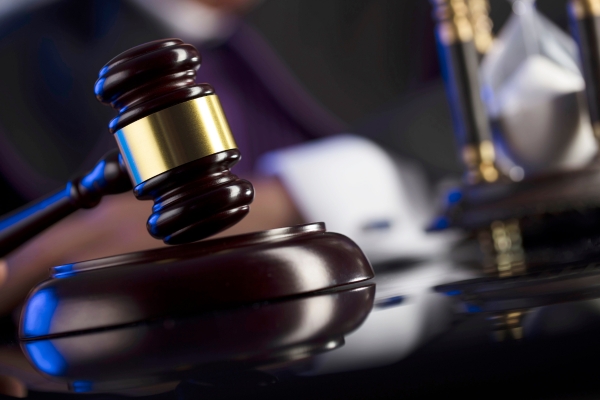What is Trial Like?
- Trial is traditionally the culmination of months of negotiations, motions, hearings, and depositions.
- It is the final hearing, albeit a much longer and much more formal hearing than the previous hearings in the process.
- Unlike all the hearings leading up to the trial which are decided by the judge, they are usually decided by a jury.
- Exceptions: Bench Trials and Judgments of Acquittal, where the judge decides that, as a matter of law, the state has not presented even a prima facie case against the Defendant.
Trials Are Broken Down Into Distinct Stages:
- Pretrial Matters. Motions might be filed, such as invoking rules of sequestration or motions in liming to exclude evidence. These are made and heard before a jury is called.
- Jury Selection: A selection process where the lawyer asks potential jury members about themselves to see if they can sit and judge a case fairly on the merits.
- Opening Statements: Each side gets up and lays out the key facts of their case. The lawyers are not allowed to be argumentative and make conclusions about what the factual evidence tends to suggest.
- State’s Case: The State calls its witnesses and presents their evidence. The Defense has a chance to cross-examine the State’s witnesses.
- Judgment of Acquittal Arguments: The Defense can argue that the case should not proceed because the state has not presented a prima facie case. The judge makes a legal ruling, deciding whether the case proceeds.
- Defense’s Case: The Defense calls its witnesses and presents their evidence.
- Renewed judgment of acquittal arguments: The Defense can renew its Judgment of Acquittal Arguments, suggesting that the state cannot prove this case.
- Trial is serious, and courtrooms are cleared of all other matters. The sole focus is on the Defendant’s case.
- Formal attire is usually required.
If you or your loved one are in need of information on Trial, call us at 407-930-8912 to speak with a qualified legal professional or fill out the contact form on this page. We’re available 24/7; we offer free initial consultation and payment plans. In addition to our Orlando location, we have offices in the following cities across the state of Florida:
- Daytona Beach
- Kissimmee
- Melbourne
- Lakeland
- Ocala
- Tampa
- Fort Myers
- Sanford
- Miami
- Jacksonville
- Fort Lauderdale
- Sarasota
- Clearwater
*Additional Orlando Florida & Orange County Legal Resources
